As of 2024, the United States has about 62,577 public charging locations with over 167,000 individual charging connectors. Among these, around 9,742 are Level 3 DC fast charging stations, offering quicker charging options.
This charging infrastructure is continuing to grow rapidly due to federal programs like the National Electric Vehicle Infrastructure (NEVI) program, which is adding more stations to accommodate the increasing number of electric vehicles
Which Company Has the Most DC Fast Charging Ports?
Tesla has the most DC fast charging ports in the U.S., thanks to its extensive Supercharger network. As of 2024, Tesla operates over 19,430 Supercharger ports across 1,796 locations in North America. This network is known for its reliability and high charging speeds (up to 250 kW in V3 Superchargers), making it a key player in the EV fast-charging space.
Other major networks, such as Electrify America and EVgo, are also significant but have fewer DC fast chargers compared to Tesla. Electrify America operates over 3,500 DC fast chargers across the U.S., and EVgo has over 2,000 fast charging stations.
What's the difference between NACS and CCS1?
The two main electric vehicle (EV) charging connector standards in North America, NACS (North American Charging Standard) and CCS1 (Combined Charging System Type 1), differ in terms of design, usage, and compatibility.
1. Connector Design:
NACS (formerly Tesla proprietary):Developed by Tesla, it is compact, with a streamlined design, integrating both AC and DC charging in a single connector.
The connector is smaller and easier to handle than CCS1, making it more user-friendly for Tesla vehicles.
CCS1:An industry-wide standard used by most non-Tesla EVs in North America.
It combines a Type 1 AC connector with two additional pins for DC fast charging, making the connector larger and more complex compared to NACS.
2. Compatibility:
NACS:Initially designed for Tesla vehicles, but Tesla has opened its network to other EVs by providing adapters.
Some automakers, like Ford and GM, plan to adopt NACS in future vehicles starting in 2025, enhancing its compatibility across more brands.
CCS1:The dominant standard for non-Tesla EVs in the U.S., supported by automakers like Ford, General Motors, Volkswagen, and Hyundai.
Compatible with most public charging networks like Electrify America, EVgo, and ChargePoint.
3. Charging Networks:
NACS:Primarily used by Tesla’s Supercharger network, which is known for its widespread availability and reliability.
Tesla has begun to open Superchargers with NACS connectors to non-Tesla EVs via adapters.
CCS1:Used on public fast-charging networks like Electrify America and EVgo. It’s more common on non-Tesla charging stations, and thus supports a wide range of EV brands.
4. Charging Speed:
NACS:Can handle up to 1 MW (1,000 kW) of charging power, though most current Superchargers max out at 250 kW.
CCS1:Offers fast charging capabilities up to 350 kW at some public charging stations, though most chargers are in the 150 kW range.
In May 2023, Ford announced it is switching from CCS to NACS charge ports beginning in 2025. General Motors and newcomer Rivian quickly followed, starting a major shift in the EV charging industry.
If you want to charge your non-Tesla EV at Tesla's superchager, Please don't miss Symagal EV Charging Adapter which will help you connect to the Tesla fast charging network easily.
#EVChargingStation #EVCharger #Adapter #EVChargingAdapter #Symagal
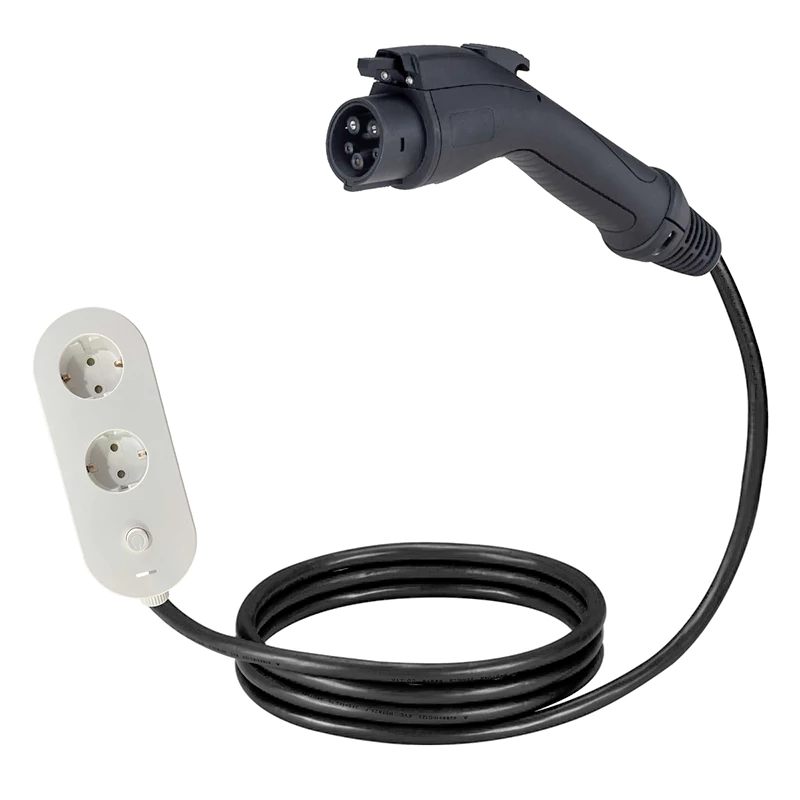
Vehicle-to-Load Cable (Type 1) Power your appliances from your EV with a groundbreaking innovation that transforms your electric vehicle into a portable power ...
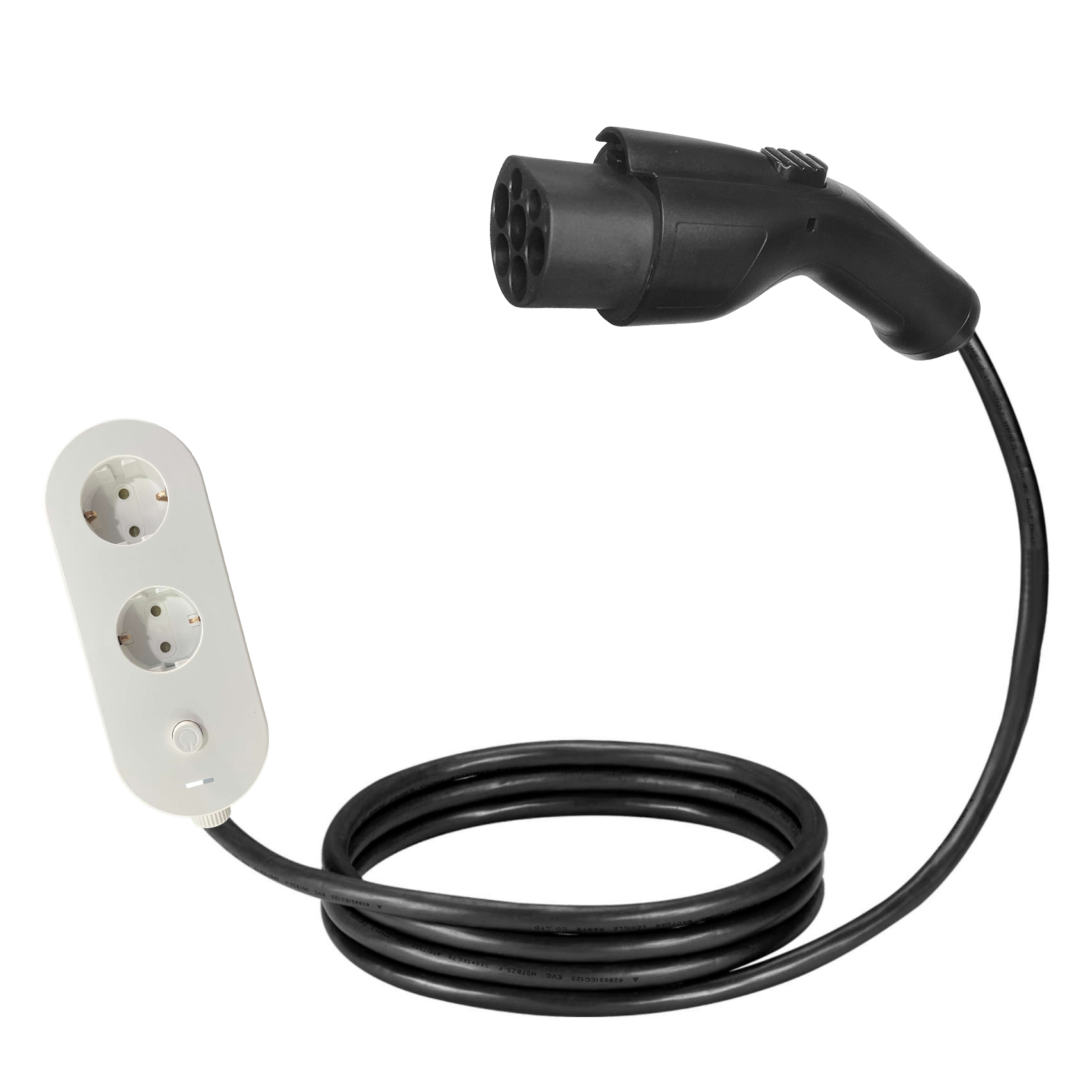
Vehicle to Load Cable (GB/T) Power your appliances from your EV with a groundbreaking innovation that transforms your electric vehicle into a portable power so...
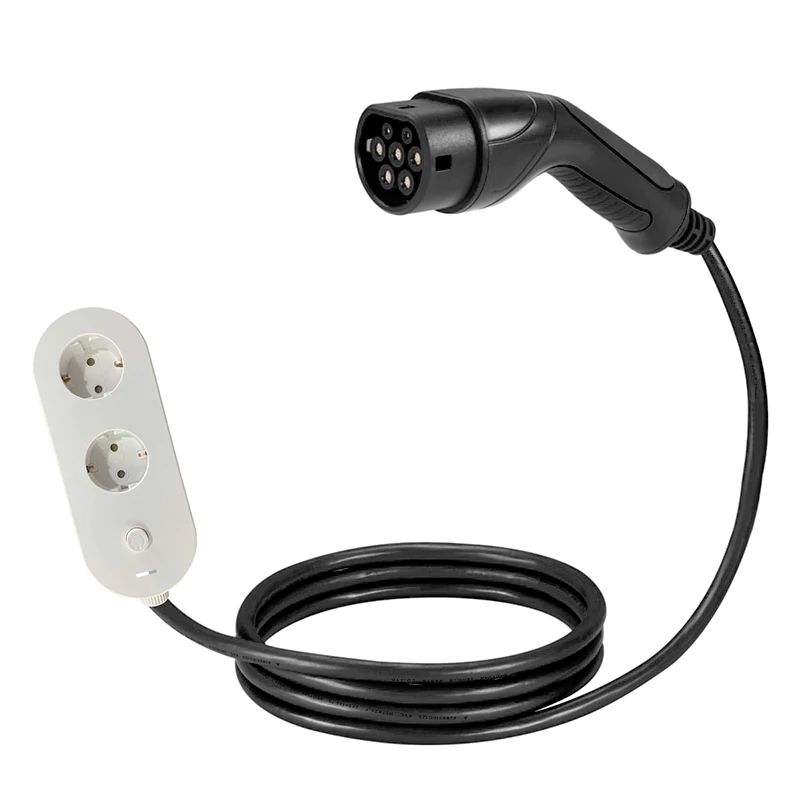
Vehicle-to-Load Cable (Type 2) Power your appliances from your EV with a groundbreaking innovation that transforms your electric vehicle into a portable powe...
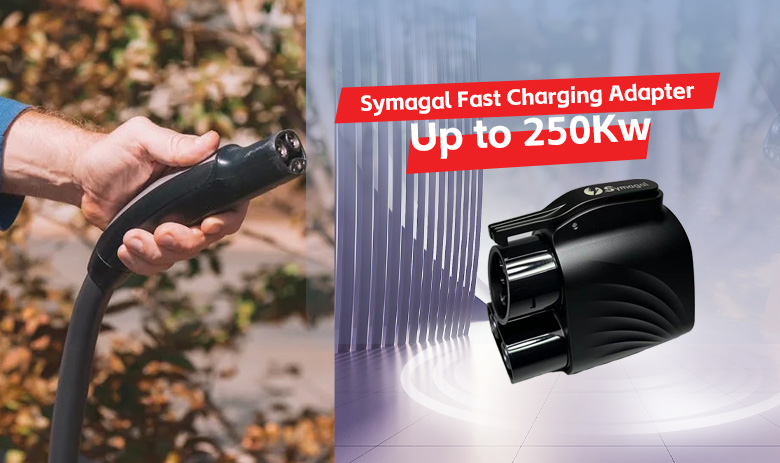
Several electric cars currently support ultra-fast charging with impressive char
2024-11-08
Read now
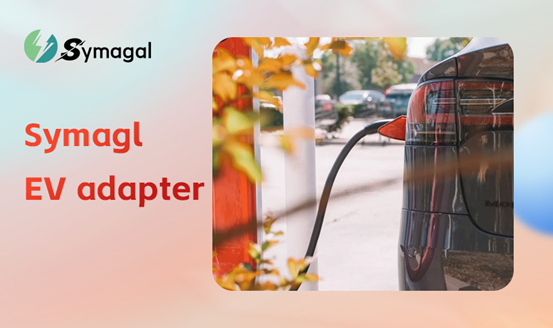
Tesla has announced a new standardization aimed at reducing the cost and complex
2024-11-04
Read now
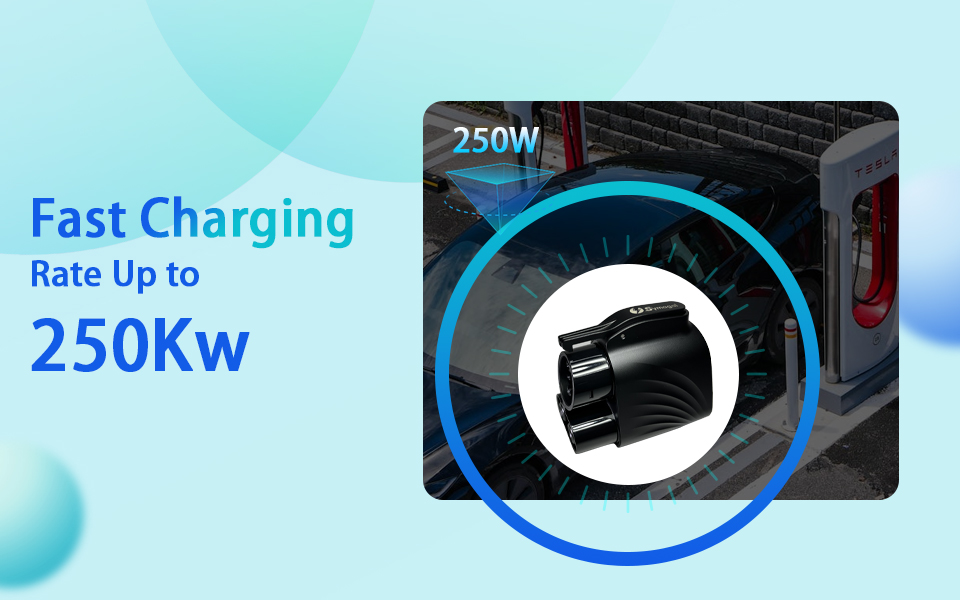
Volvo and Polestar - two European car brands owned by China's Geely - are no
2024-10-31
Read now